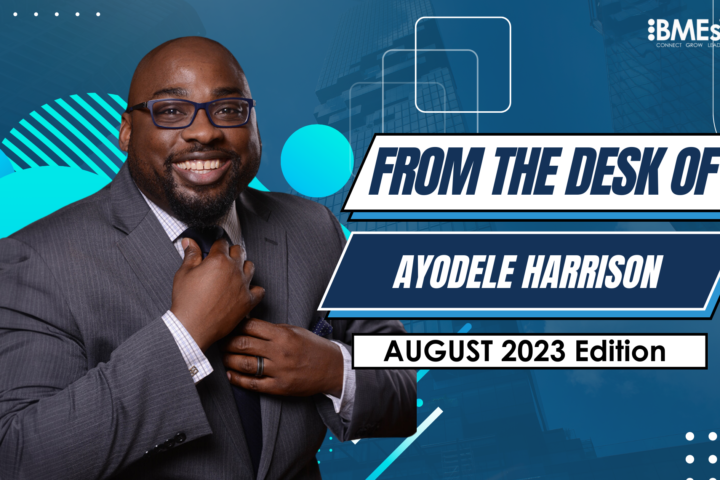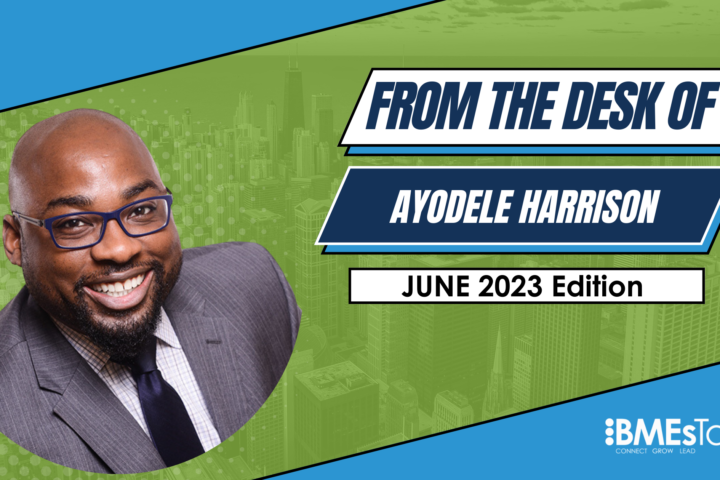Black students are often left behind by the education system, and Black male students in particular. They confront obstacles in school that leave massive gaps in opportunity, leading to lower educational attainment.
These gaps are well documented, yet they persist, partly because the causes are poorly understood. One stark cause, however, is the underrepresentation of Black male educators in the educational system, which can drive inequality in academic outcomes.
Why Representation Matters
Black male educators bring unique lived experiences and wisdom to the classroom, contributing to student success in both learning and life. Through these experiences, Black male educators can offer inspiration, advice, compassionate listening, and hope to their students,
Despite this, Black male educators are vastly underrepresented in the industry. Though the public school system has 15% Black students, Black male educators only make up about 2% of the educational staff.
Why does this matter? When students feel seen and understood by their educators, their engagement and learning flourishes. According to a study, the graduation rate among Black students increased by 33% if they had at least one Black teacher between third and fifth grade.
Inspiring and leading children is what educators do, but Black male educators are able to represent the children who look like them—they offer a level of trust and confidence to improve their learning outcomes.
These educators take time to build relationships with their students and understand their unique struggles. These important relationships are often forged with the students who feel unseen,
On average, Black male educators spend 5.4 hours outside of the classroom counseling students each week, compared to less than 3 hours for other male educators. Black male educators show the highest levels of commitment with their students.
Opportunity Gaps for Black Students
When children are learning in older school buildings, in overcrowded classrooms, and without the most basic resources like textbooks, supplies, computers, and technology, it sends a message that their education, their future, is not valued.
According to Harry Preston, V, a science, technology, engineering, and math teacher at a Baltimore City public charter high school, the kids “see the inequalities that are built into the education system” and the “differences between our engineering program and those at other schools in more affluent neighborhoods.
He’s at a disadvantage, but he’s in a position to help his students understand and overcome these limitations.
“I use different opportunities, even engineering lessons, to talk about who lives in what communities around the city and how resources get used to benefit higher-income communities,” Preston says. “I’m trying to give them the confidence to try.”
Preston says he “volunteered his way” into the teaching profession. “I wanted to create a new generation of people who could create these unique learning experiences for more Black students to level the playing field.”
Building confidence in students and teaching them to make mistakes and learn from them is integral to teaching—at all levels and all locations—but it’s especially important with Black and Brown students.
Derryn Moten, PhD, a professor and chair of the history department at Alabama State University, says “in my role as an educator at Historically Black Colleges and Universities, I’ve had to imbue my students with a sense of confidence and self-worth.”
“The way I try to influence the young men and women in my classroom is by modeling,” says Moten. “One of the lessons I try to convey is that we must value who we are, and that everyone, and that everyone in our community has value.”
Black male educators often have to pass on what they were taught by Black parents – “the talk.” This is about the systemic racism and the injustices of the criminal justice system. This talk is difficult, even with their own children, yet Black male educators have it with students to shape their future.
Black Male Educators Lead the Way
With representation, confidence, and self-worth, Black male educators give their Black students the tools they need to realize their potential and overcome the shortcomings of their educational experience.


